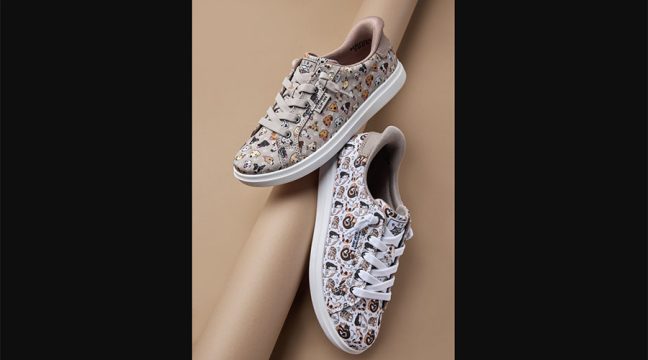Refibra, the new innovation from Tencel producer Lenzing, is a cellulose fiber that features recycled material on a commercial scale, enabling circular economy for the textile industry. Refibra, which is 80 percent Tencel and 20 percent cotton scraps and wood, stands for “Reduce, Reuse and Recycle”.
The Lenzing group, a supplier of wood-based fibers used in athletic and outdoor apparel, hopes that Refibra will further establish the company as a leader in the field of environmental technology.
“For Lenzing, developing circular business models in the fashion industry ensures the decoupling of business growth from pressure on ecological resource consumption. It reduces the need to extract additional virgin resources from nature, and reduces the net impact on ecological resources,” said Robert van de Kerkhof, Chief Commercial Officer, Lenzing.
According to the company’s website, the need for clothing will have doubled by the year 2025, representing a major burden for our environment. 80 percent of thrown-away clothing ends up in landfills, and an estimated 50 million tons of clothing are thrown away every year.
“The brand name Refibra and the claim ‘Reborn Tencel fiber’ illustrate immediately that this new kind of fiber is made of recycled materials promising reduced reliance on natural raw materials. Because Refibra is based on the Tencel fiber, which has been internationally recognized for its environmentally responsible closed loop production process, Refibra offers a deep sustainability profile that clearly contributes to circular economy,” van de Kerkhof explained.
Lenzing has also developed a system that identifies Refibra in finished textiles, enabling transparency in the processing chain. The fiber itself is part of the global Lenzing Branding Service and the brand is licensed once the textile has undergone a certification process.
“Close cooperation with leading companies who attach particular importance to sustainability is a pre-requisite for a successful market launch,” said van de Kerkhof. “These pioneering companies offer the possibility of jointly developing concepts that contribute to a more sustainable fashion industry and promote the circular economy in this sector as well.”
Photo and video courtesy Lenzing











